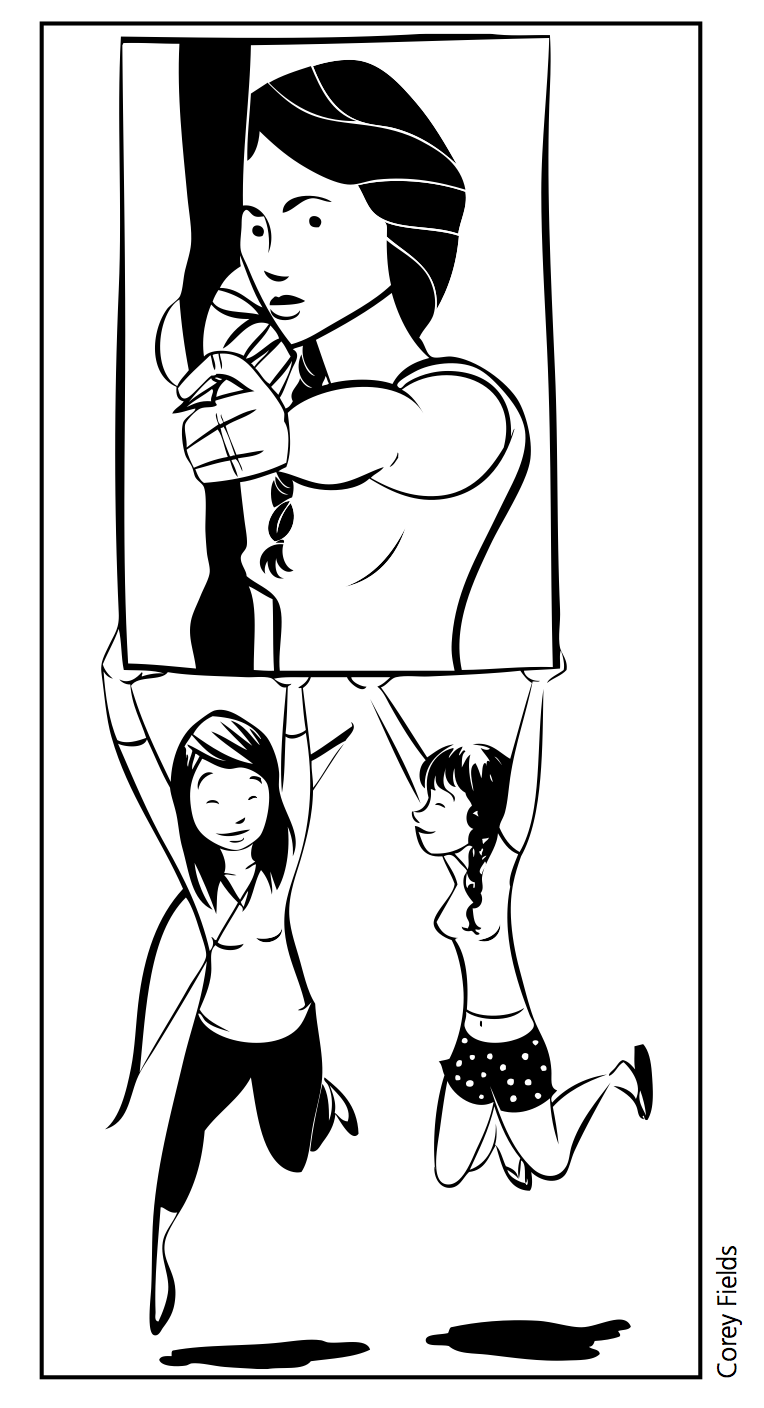gender
Sociologists Sarah Bowen, Sinikka Elliott, and Joslyn Brenton offer a critique of the increasingly prevalent message that reforming the food system necessarily entails a return to the kitchen. They argue that time pressures, tradeoffs to save money, and the burden of pleasing others make it difficult for mothers to enact the idealized vision of home-cooked meals advocated by foodies and public health officials. Read More
Americans like to tip, offering extra cash to everyone from service station attendants to home health care aides. But for some workers, like restaurant wait … Read More

Corey FieldsThe current popularity of the trilogy Hunger Games may offer teens a model of female leadership, according to … Read More

Sam Grinberg“Picture this: your 7-year-old daughter comes home from school in tears. You ask her what’s wrong and she … Read More

In her 2013 book, Lean In: Women, Work, and the Will to Lead, Facebook’s Sheryl Sandberg encouraged women to scale the corporate ladder. Yet women … Read More
Five experts, Lisa Wade, Brian Sweeney, Amelia Seraphia Derr, Michael A. Messner, and Carol Burke, discuss how institutions deal with sexual assault and whether or not policies really protect victims. Read More

Sociologist Stacy Torres examines why higher poverty rates persist among older women compared with older men and finds that women continue to face significant economic disadvantages in old age, partly due to a lifetime of unpaid, work-interrupting care giving responsibilities. Read More
Drawing on more than five years of research with women who inhabit a circuit of suffering made up of prison, homeless shelters, drug programs and the streets, sociologist Susan Sered argues that punishment and treatment often function as two sides of the same coin: a coin that construes women's suffering in terms of their private traumas, personal flaws, and poor choices. This ideological script functions to blame the victim, obscure the structural causes of poverty and violence, and absolves governments from public responsibilities for the well-being of citizens. Read More
Sociologist Katie L. Acosta explores the centrality of family in lesbian, bisexual and queer Latinas’ lives and the efforts they make to integrate their families of choice and origin into one supportive kin network. Read More
Scholar Melissa M. Wilcox provides a historical overview of the development of self-chosen terminology among same-sex attracted and gender-nonconforming people in the twentieth and twenty-first century, particularly in Western Anglophone cultures. She explains why certain terms are preferred over others, as well as when and why the preferred terms have changed. Read More




